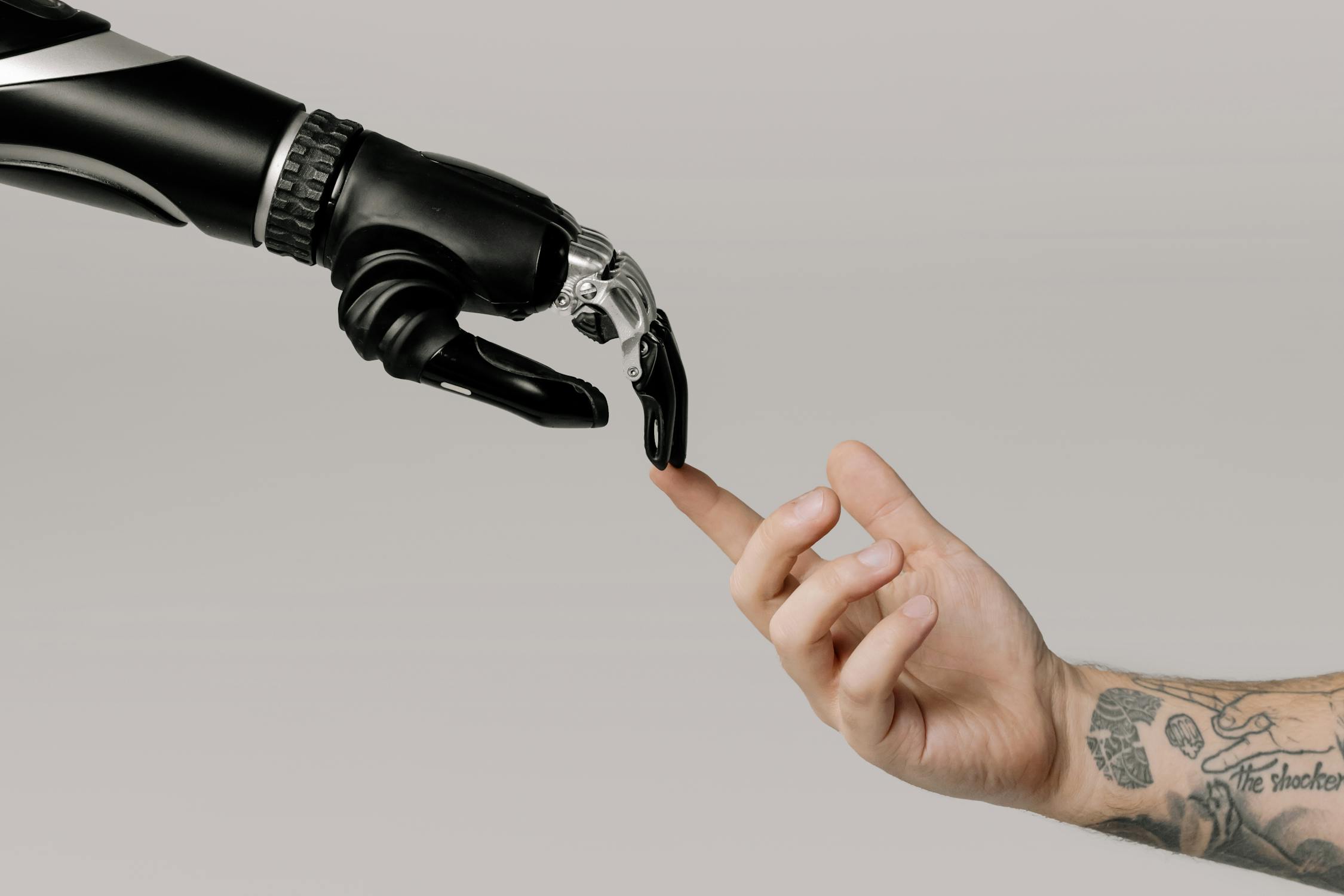Introduction
Artificial Intelligence (AI) stands at the forefront of technological evolution, presenting both transformative possibilities and ethical challenges that shape the fabric of our society. In this comprehensive analysis, we delve into the multifaceted impact of AI, exploring its influence on various aspects of our lives, the tradeoffs involved, and the imperative need for ethical considerations.

I. The Transformative Power of AI:
AI, the simulation of human intelligence in machines, has ushered in a new era of efficiency, productivity, and innovation. Increased automation, improved decision-making, and enhanced customer experiences mark the advantages of AI in diverse industries such as healthcare, finance, and education. The film industry’s utilization of AI in the creation of realistic characters and storylines underscores the technology’s creative potential.
II. Digitalization of Society:
AI has played a pivotal role in the digitalization of society, revolutionizing the way we collect, process, and analyze vast amounts of data. From text and video processing to 3D applications, AI-powered technologies have streamlined business processes, ushered in new technologies, and heightened efficiency across industries. The rapid growth of AI-powered personal assistants in smartphones exemplifies its integration into our daily lives.
III. Advancements in Education:
The potential of AI to revolutionize education is immense, offering personalized and individualized teaching approaches. Real-time feedback, personalized learning plans, and engaging experiences showcase the transformative impact AI can have on education. We explore how AI is expected to reshape degree and diploma programs, providing students with the tools for success.
IV. Positive Changes in Society:
Beyond industry-specific impacts, AI has the potential to bring about positive changes in society, including enhanced productivity, improved healthcare, and increased access to education. However, these advancements come with ethical and societal implications that demand proactive consideration. Issues such as privacy, security, and job displacement underscore the challenges associated with the increasing use of AI.
V. Ethical Considerations and Societal Implications:
As AI continues to evolve, ethical considerations become paramount. Balancing the benefits of AI with potential drawbacks requires a thoughtful approach. Privacy concerns, job displacement, and the unintended consequences of AI algorithms highlight the need for comprehensive ethical frameworks and responsible AI development.
VI. Future Implications and Responsibilities:
Looking ahead, the future of AI holds immense possibilities. The article explores the positive role AI can play in shaping our world, emphasizing the importance of ongoing investment in research, development, and the creation of policies that promote responsible AI use. We examine the evolving landscape and the responsibility to address challenges proactively.
Conclusion:
In conclusion, this comprehensive analysis highlights the transformative power of AI on society, emphasizing the positive changes it can bring while acknowledging the ethical considerations and challenges involved. As we navigate the future of AI, a balanced and informed approach, grounded in ethical principles, is crucial for ensuring a positive societal impact.
Frequently Asked Questions (FAQs) about AI’s Impact on Society
Q1: What is Artificial Intelligence (AI)?
A1: Artificial Intelligence refers to the simulation of human intelligence in machines, enabling them to learn from experience, make decisions, and perform tasks that typically require human intelligence.
Q2: How is AI transforming various industries?
A2: AI is revolutionizing industries by increasing efficiency, improving accuracy, and creating new job opportunities. It has made significant strides in healthcare, finance, education, and even the film industry, showcasing its versatility.
Q3: What are the advantages of AI in education?
A3: AI in education offers personalized and individualized teaching, real-time feedback to students and teachers, and the potential to revolutionize degree and diploma programs. It can analyze student data to create personalized learning plans.
Q4: What role does AI play in the digitalization of society?
A4: AI plays a major role in the digitalization of society by enabling the rapid collection, processing, and analysis of large amounts of data. It has transformed media, smartphones, and various industries, contributing to increased efficiency and business processes.
Q5: What ethical considerations come with the increasing use of AI?
A5: Privacy, security, and job displacement are important ethical considerations associated with the increasing use of AI. Addressing these concerns proactively is crucial to ensure responsible AI development and usage.
Q6: How does AI impact the job market?
A6: While AI has the potential to replace certain jobs, it also creates new job opportunities. The shift in roles and responsibilities emphasizes the increasing importance of adaptability in the workforce, as mentioned by PwC.
Q7: How can AI contribute to inclusive education?
A7: AI can contribute to inclusive education by addressing language divides. Tools like Rask AI focus on democratizing access to global knowledge by offering education in multiple languages, and promoting inclusivity.
Q8: What is the importance of safety standards in AI development?
A8: Safety standards in AI development are crucial to prevent the creation of AI systems that could harm humanity. Experts, like Brett Gronow, emphasize the need for protocols to ensure the responsible development of AI.
Q9: How does AI automation impact brand development?
A9: AI automation in brand development enhances various facets, from data analytics for market insights to personalized content creation. It allows brands to adapt and thrive in the ever-evolving digital landscape.
Q10: How can individuals navigate the transformative potential of AI responsibly?
A10: Individuals can navigate the transformative potential of AI responsibly by staying informed, recognizing the ethical considerations, and advocating for the responsible development and usage of AI technologies.


